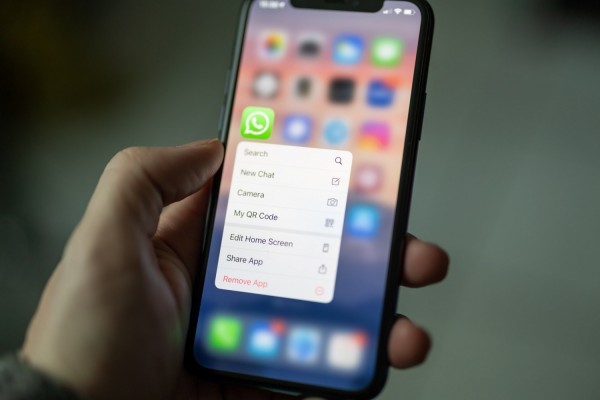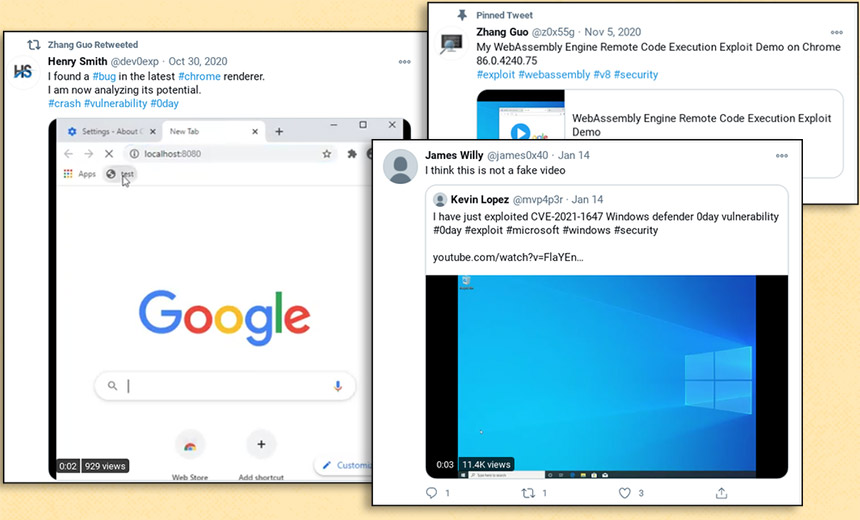WhatsApp Malware: Users Warned of a Malicious Message Going Around the App
WhatsApp could be in more trouble as users are warned of a message going around the app, spreading malicious software that could inject invasive ads on your device.

(Photo : Dimitri Karastelev on Unsplash)
The malware abuses Android’s quick reply feature to spread even further.
WhatsApp Malware Spreading
According to the Daily Express, the malware campaign is devised to help hackers earn money by spamming your device with ads and then hacking your phone into sending the same malicious message to people on your contacts, making it spread easily like wildfire.
Based on the report, it starts with a message, often coming from someone you know who typically have fallen for the scam.
The message would include a message that reads somewhat like “Download this app and win a Mobile Phone,” which would tempt many WhatsApp users into actually opening the link
Once you click on the link, you will be redirected to a website that looks exactly like Google Play Store, then you will be prompted to install a software that looks similar to the Huawei Mobile app, and once you have it installed on your device, the app will be asking you to grant notification access.
The feature basically allows Android apps to read all of the notifications sent by the OS, but it’s not something that would easily catch you off guard as there are legitimate Android apps that ask for such access upon installation.
Read More: Lyka App: Legit or Scam? Users Share Serious Security Concerns Even When Deleted
Abusing Android’s Quick Reply Feature
Unfortunately, the WhatsApp malware is designed to abuse the app’s quick reply feature, which allows users to quickly respond to incoming texts from the notifications.
Basically, the malware would use the feature to spam everyone in your contacts list and sends them the same message that you fell for, often with the same message about winning an Android device–and since it came from you, someone on their contact list, they are more likely to trust the message and follow the link, making this malware more dangerous than usual.
Android WhatsApp Worm?
Malware spreads via victim’s WhatsApp by automatically replying to any received…


